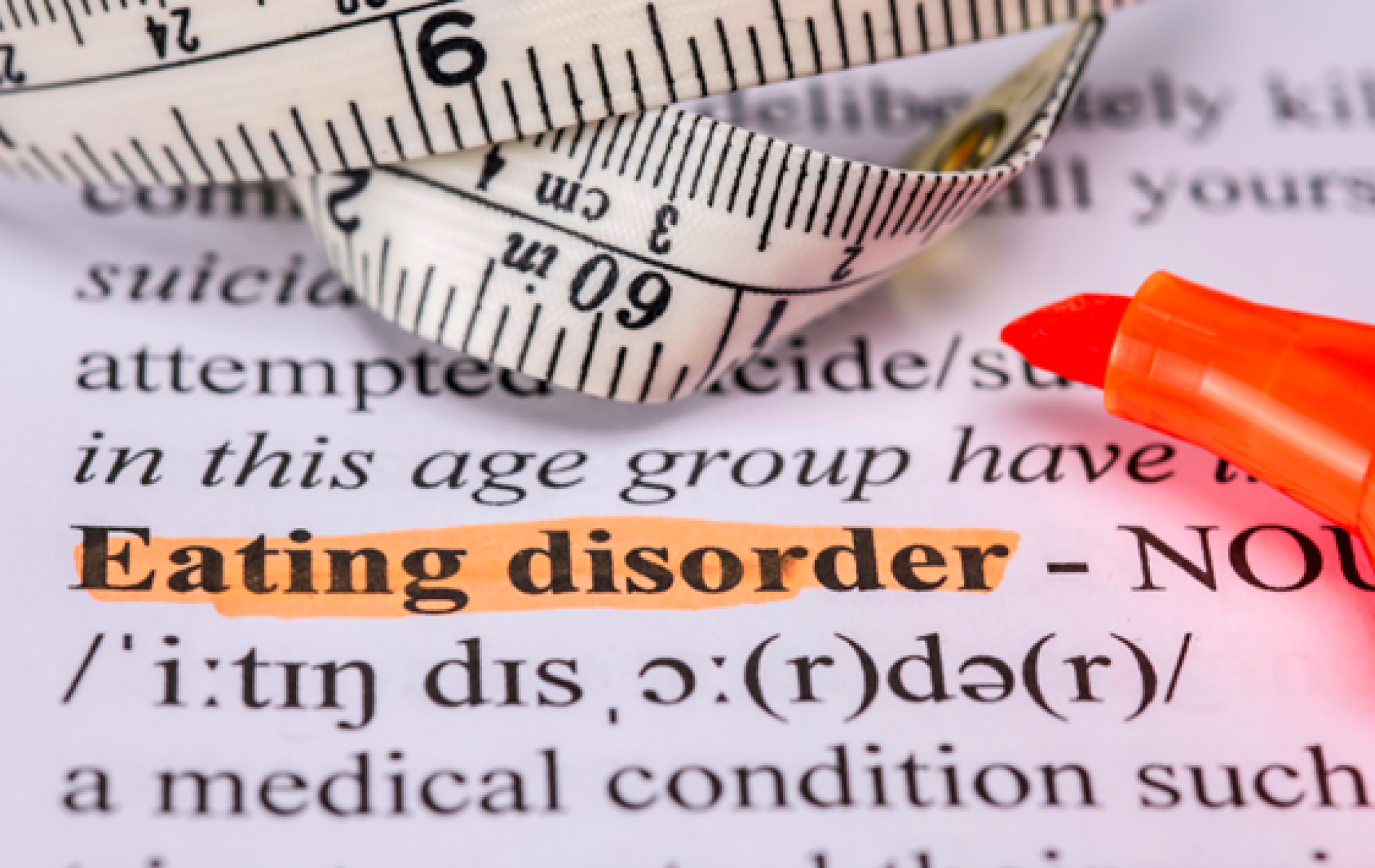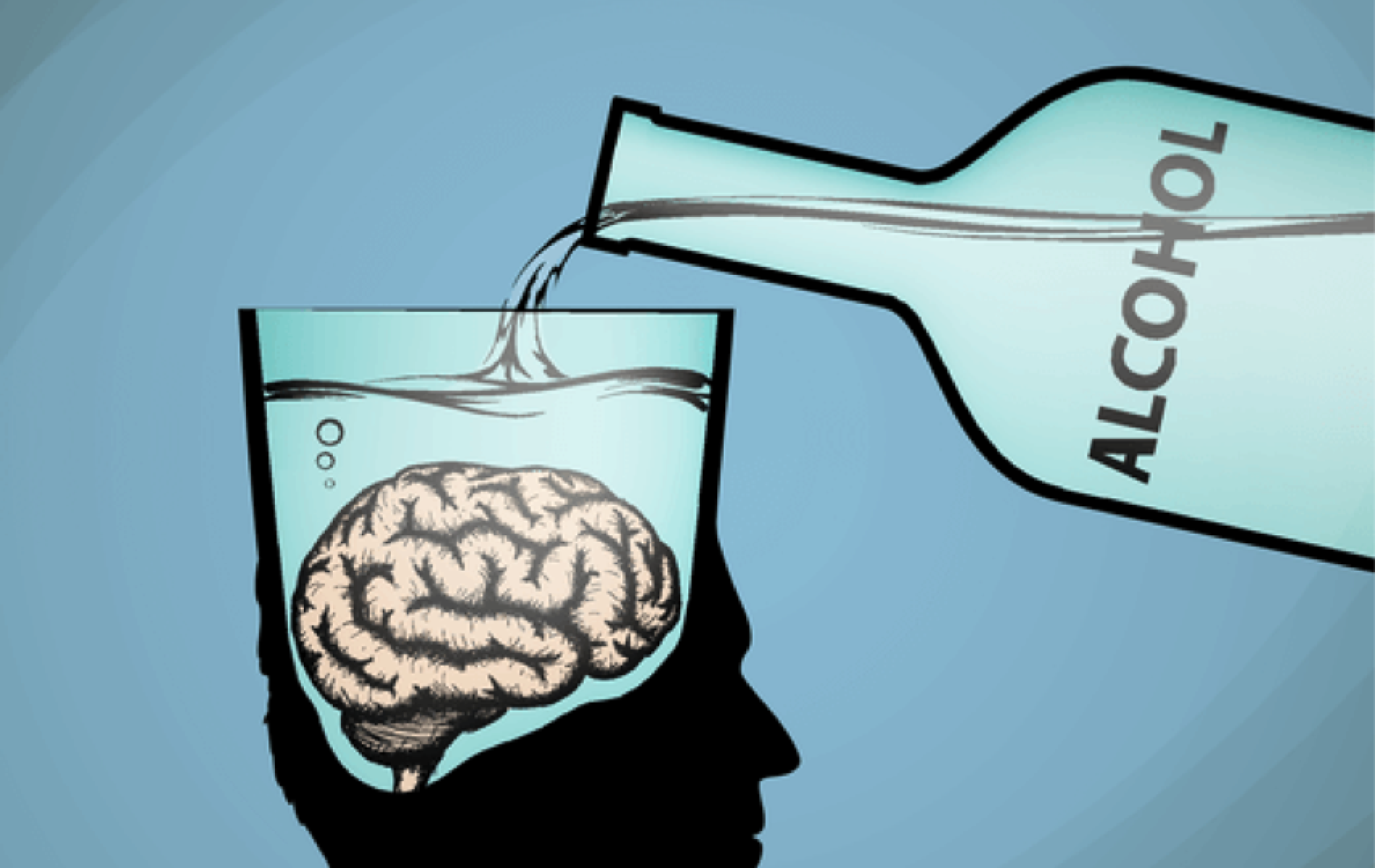Memory Games for Adults: How Brain Coaching Helps You Defy Aging
50 million people worldwide are living with Alzheimer’s and other dementias, according to the Alzheimer Association.
Alzheimer and dementia are often used interchangeably. However, dementia is not a disease but a syndrome that describes a group of diseases that affect mental cognition. Alzheimer’s happens to be the most common form of dementia.
Millions of people fear the development of Alzheimer’s disease; they are not aware of the new scientific discoveries which show this disease can be prevented through a series of simple steps.
Step 1: Live a healthy lifestyle, exercise, and eat right;
Step 2: Limit alcohol, and quit smoking.
Step 3: Stimulate your brain and try challenging brain games. Read on to learn more about these games and how they can help you lead a healthier life and defy aging.
What are the Early Signs of Alzheimer’s disease?
If you or a family member is suffering from memory loss or cognitive decline, contact us for a full evaluation.
Below are some warning signs for Alzheimer’s disease:
- Getting lost while driving,
- Not remembering family members
- Confusion on a daily basis
- Repeating yourself over and over again,
- Personality changes,
- Issues with taking care of routine daily tasks.
Did you know that some common medical issues can contribute to memory loss with aging? Anxiety and stress, sleep issues, depression, and even obesity can be significant contributors to cognitive decline and Alzheimer’s disease.
Treatment Options
If caught early, there are options to improve both cognitive function and quality of life. As previously mentioned, adopting an overall healthy lifestyle is beneficial. You should also manage stress, and seek out meditation, dancing, and/or social engagements.
Next, depending on your personal situation, a treatment plan can be developed to improve your daily life by training your brain. The good news is that you can “train” your brain, much as you train the muscles of your body.
Research into this type of brain training is relatively new but is showing great promise. A 2016 presentation at the International Alzheimer’s Association Meeting showed that computer-based brain training could reduce the development of Alzheimer’s by 12.1%.
The brain is an ever-changing organ and although its structure is determined at birth, it has a certain amount of plasticity, or ability to change its function and structure.
As you age, your brain shrinks approximately 5% for each decade of life after age 50. This is a change in the brain’s actual volume. Without the proper stimulation, the brain shrinkage accelerates and can impact your mental cognition and memory.
Games and activities like the one mentioned above can help you train your brain to use other pathways. As the structure changes, your brain also changes which helps to your maintain your peak cognitive performance.
In general, this is referred to as Brain Training but can refer to any activity that causes you to think. Learning a new skill, making yourself take a different route home from work every day are simple examples of memory games for adults.
Do I Need/Want a Brain Coach?
Although there is a lot you can do to stimulate the brain on your own, in many cases to see the best outcomes, you should take a more holistic and tailored approach – with the help of a brain coach.
Prior to meeting with a Brain Coach, you will complete a comprehensive assessment of the current state of your overall health and your mental cognition.
For example, maybe you feel anxious in work meetings and find it hard to focus. A Brain Coach will give you exercises to control your anxiety and increase your focus. She may challenge you to hands-on or computer-based games that tailored specifically for your needs and goals.
If you are not physically active, your brain coach will help you find exercises that are enjoyable and fit your lifestyle.
Your Brain Coach is a dedicated advocate that will help you find the right tools to decrease stress, think faster, remember better, feel calmer, and improve your organizational skills.
Think of brain coaching as physical therapy for your brain. Your brain coach can strengthen your brain’s memory and attention muscles.
Common Memory Games for Adults
The list below is not all-inclusive, but see what happens if you try some of the activities listed below.
- Suduku, if you have never played, watch out, this game stimulates and expands your problem-solving skills.
- Do you remember the electronic game, Simon? Dig it out; it has a positive impact on short term memory because as you get better at the game, the faster the game goes.
- Word Searches and Crossword Puzzles stimulate language and memory centers.
- Chess and Majang are both strategy games that stimulate your brain. Chess requires you to use both sides of your brain. Majang improves the verbal part of your brain where we learn languages. The bonus you don’t have to learn Chinese to benefit. These games are also social which helps with cognitive function.
- Another common memory game is to look at a picture and try to memorize all the items you see. The more you practice the better your memory will become and the less time you will need to look at the picture to memorize the items.
Memory games can take many forms, sudoku, crosswords, even computer-based games. The idea is to stimulate the brain for a happier life as you age.
Are You Ready for a Better Life Through Brain Coaching?
Brain Coaches can help with more than memory games for adults. They can work to ensure that as you age, you are able to enjoy your life to the fullest. If you still have questions about Brain Coaching, visit our page to better understand how a Brain Coach can help you.



